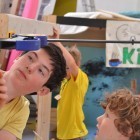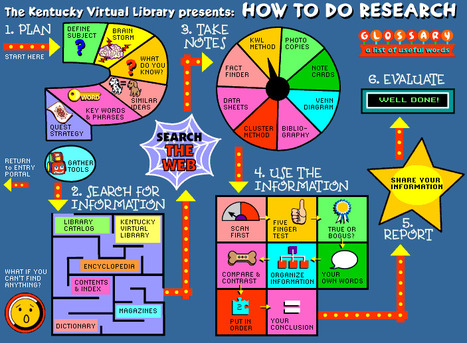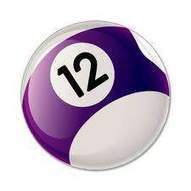"In case you are new to Mind42, here's a quick roundup:
Mind42 lets you create comprehensive mind maps with our fast and simple online mind map editor. To get started simply press the button "Start mind mapping" to the right. For more information you might want to take a look at our user guide. If you have any questions or feedback you want to share with us feel free to contact us."
"In Mind42, "42" is not only the answer to Life, the Universe, and Everything. We pronounce Mind42 as Mind FOR TWO, and the whole word play is not only a reference to Douglas Adams The Hitchhiker's Guide to the Galaxy, but indicates the collaborative character of mind mapping, and brain storming in general. And that's what Mind42 is. A collaborative browser-based online mind mapping tool.
Mind42 allows you to manage all your ideas, whether alone, twosome or working together with the whole world. Mind42 runs in your browser, so no installation necessary for the ultimate hassle-free mind mapping experience. Just open your browser and launch the application whenever and wherever needed."



 Your new post is loading...
Your new post is loading...




















